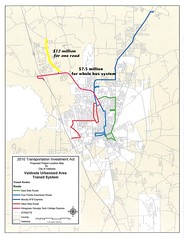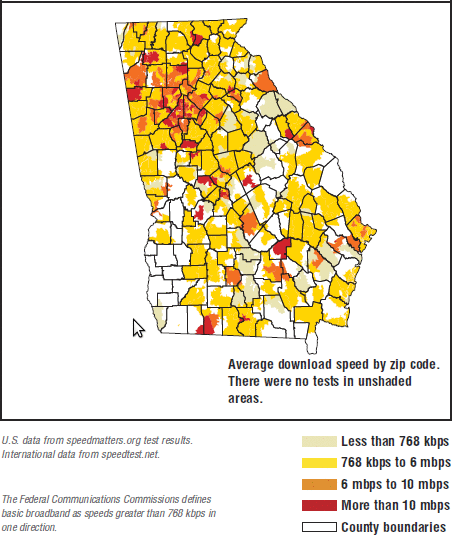My op-ed in the VDT today. -jsq
Our high schools and college graduates mostly have to go somewhereContinue readingelse, because jobs here are few and many of them don’t pay enough for a decent living. Should we not care enough about our families and our community to come up with strategies that grow existing businesses and attract new ones that will employ local people?
We need discussions and strategies that involve the whole community,
going beyond just the usual planning professionals, to include all groups and individuals with information or opinions, whether they got here generations ago or last week: for fairness and for freedom.
Sometimes we see local strategy. Winn Roberson organized Drive Away CCA. Ashley Paulk verified there was no business case for a biomass plant in Lowndes County after many people successfully opposed it. School “unification” opponents, out-financed 10 to 1, still defeated that referendum 4 to 1.
How do we go beyond opposing things and move on to sustainable strategies that build clean industry?
The Industrial Authority focus group meeting I attended Wednesday was refreshing, because their consultants asked the opinions of people some
of whom previously had to picket outside. The previous day, VLCIA Chairman Roy Copeland said this strategic planning process was a long time coming. I agree, and while nobody can say what will come of it at this point, I hope it does produce a real Economic Development Strategy.
Building on the Valdosta City Council’s annual consideration of affordable housing,












